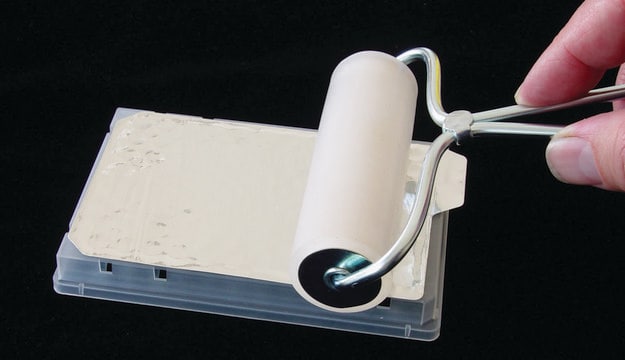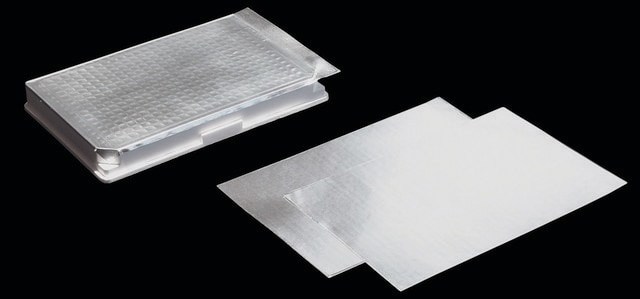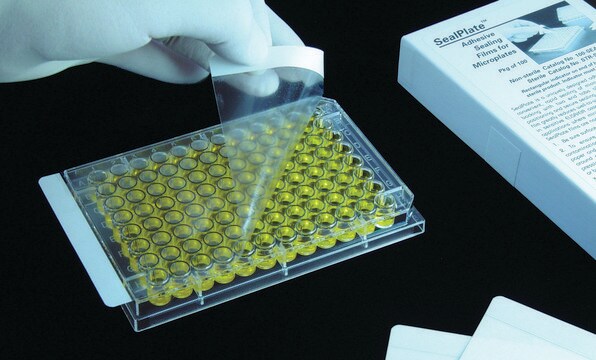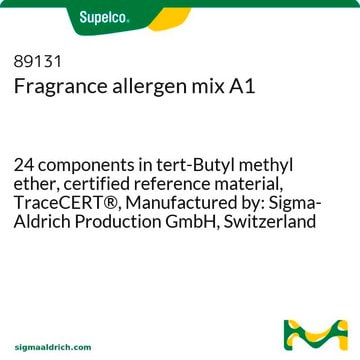About This Item
Recommended Products
Quality Level
Assay
99%
form
powder
bp
235-245 °C (lit.)
mp
98-100 °C (lit.)
SMILES string
OC(=O)CCOc1ccccc1
InChI
1S/C9H10O3/c10-9(11)6-7-12-8-4-2-1-3-5-8/h1-5H,6-7H2,(H,10,11)
InChI key
BUSOTUQRURCMCM-UHFFFAOYSA-N
Related Categories
Storage Class Code
11 - Combustible Solids
WGK
WGK 3
Flash Point(F)
Not applicable
Flash Point(C)
Not applicable
Personal Protective Equipment
Regulatory Listings
Regulatory Listings are mainly provided for chemical products. Only limited information can be provided here for non-chemical products. No entry means none of the components are listed. It is the user’s obligation to ensure the safe and legal use of the product.
JAN Code
P16001-5G:
P16001-1KG:
P16001-25G:
P16001-BULK:
P16001-VAR:
Choose from one of the most recent versions:
Already Own This Product?
Find documentation for the products that you have recently purchased in the Document Library.
Our team of scientists has experience in all areas of research including Life Science, Material Science, Chemical Synthesis, Chromatography, Analytical and many others.
Contact Technical Service








